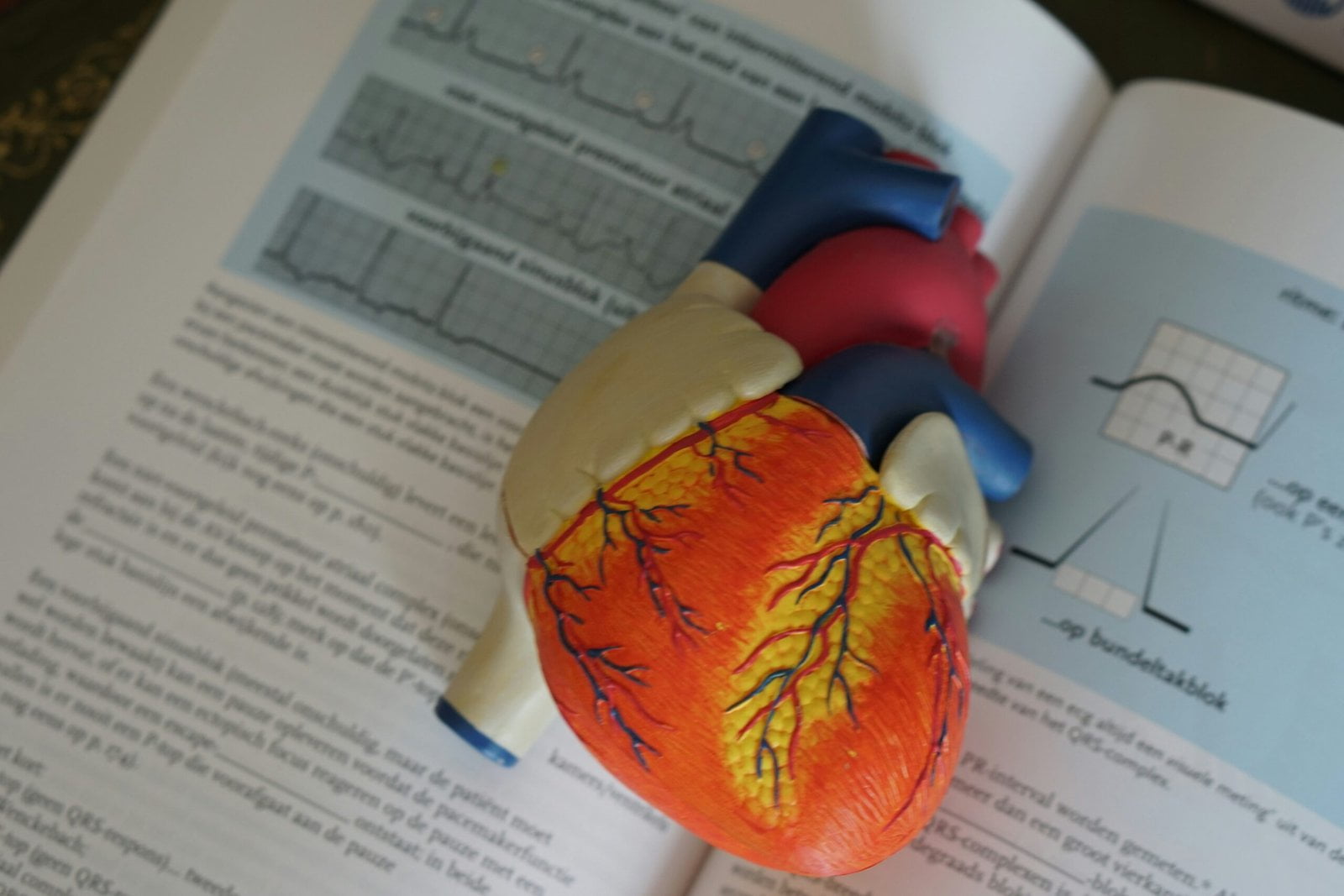
Heart health is crucial for overall well-being and longevity. Taking proactive steps to improve heart health can help prevent heart disease, which is a leading cause of death worldwide. Fortunately, there are several effective and innovative ways to enhance heart health and reduce the risk of cardiovascular problems. In this article, we will explore the best and latest strategies to improve heart health.
1. Regular Exercise
Physical activity is one of the most effective ways to improve heart health. Regular exercise helps strengthen the heart muscle, improves blood circulation, and lowers blood pressure. Aim for at least 150 minutes of moderate-intensity aerobic exercise or 75 minutes of vigorous-intensity aerobic exercise per week. Incorporate activities like brisk walking, jogging, swimming, or cycling into your routine. Additionally, strength training exercises can help build muscle and improve overall cardiovascular fitness.
2. Healthy Diet
A balanced and nutritious diet plays a vital role in maintaining heart health. Include plenty of fruits, vegetables, whole grains, lean proteins, and healthy fats in your meals. Avoid or limit foods high in saturated and trans fats, cholesterol, sodium, and added sugars. Opt for heart-healthy alternatives like olive oil, avocados, nuts, and seeds. Additionally, reduce your intake of processed and fried foods. Incorporating a Mediterranean-style diet, rich in fruits, vegetables, whole grains, and fish, has been associated with a lower risk of heart disease.
3. Stress Management
Chronic stress can take a toll on your heart health. Finding effective ways to manage stress is crucial for maintaining a healthy heart. Engage in stress-reducing activities such as meditation, deep breathing exercises, yoga, or engaging in hobbies you enjoy. Regular physical exercise can also help reduce stress levels. It’s important to prioritize self-care and make time for activities that help you relax and unwind.
4. Quality Sleep
A good night’s sleep is essential for heart health. Poor sleep quality and duration have been linked to an increased risk of cardiovascular problems. Aim for 7-8 hours of uninterrupted sleep each night. Create a relaxing bedtime routine, avoid electronic devices before bed, and ensure your sleep environment is comfortable and conducive to restful sleep. If you struggle with sleep issues, consult with a healthcare professional for guidance.
5. Regular Health Check-ups
Regular health check-ups are crucial for early detection and prevention of heart disease. Schedule routine appointments with your healthcare provider to monitor your blood pressure, cholesterol levels, and overall cardiovascular health. Based on your risk factors, your doctor may recommend additional tests such as an electrocardiogram (ECG) or stress test. By staying proactive and addressing any potential issues early on, you can significantly reduce the risk of heart disease.
6. Quit Smoking
Smoking accelerates plaque buildup in blood vessels, leading to Coronary Heart Disease. Plaque narrows or blocks arteries supplying blood to the heart muscle, while cigarette chemicals thicken blood, promoting clot formation in veins and arteries. If you smoke, quitting is one of the best things you can do for your heart health. Seek support from healthcare professionals, join smoking cessation programs, or use nicotine replacement therapy if needed. Quitting smoking can significantly improve your heart health and overall well-being.
7. Limit Alcohol Consumption
Excessive alcohol consumption is associated with various health issues, such as heart conditions, high blood pressure, heart failure, stroke, and cardiomyopathy. While moderate alcohol intake may have some cardiovascular benefits, excessive drinking can lead to high blood pressure, heart failure, and increased calorie intake. If you choose to drink alcohol, do so in moderation. The American Heart Association recommends a maximum of one drink per day for women and up to two drinks per day for men.
Enhancing heart health and averting heart disease demands a comprehensive strategy. Prioritize regular exercise, a balanced diet, stress management, quality sleep, routine check-ups, smoking cessation, and moderate alcohol intake to markedly lower the risk of heart issues. Embrace small lifestyle shifts, as they wield significant influence on heart health. Initiate these practices today to emphasize cardiovascular well-being.







